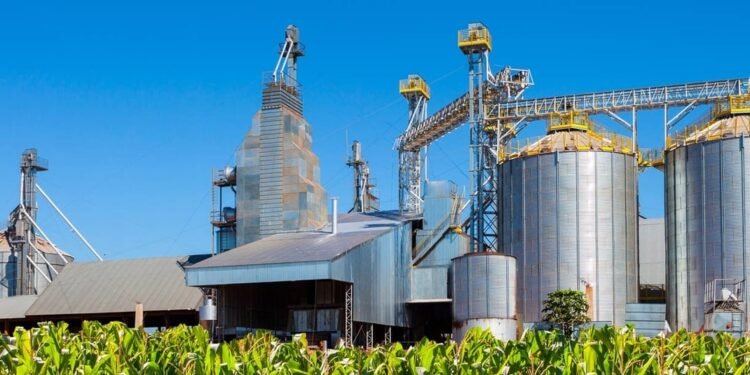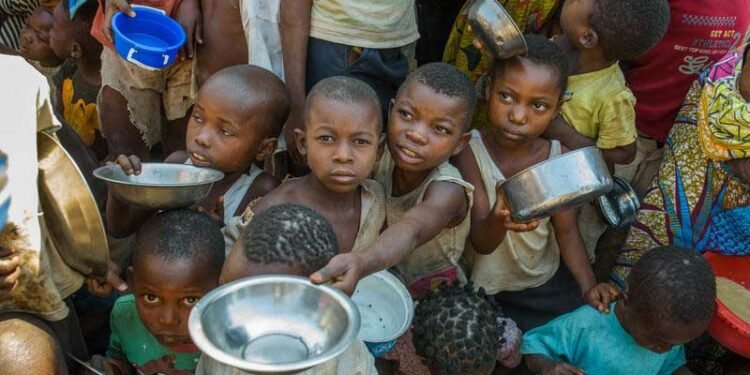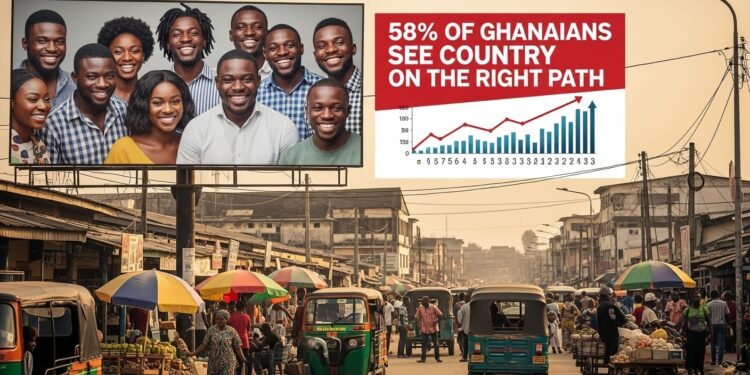Ghana’s interest payments on its borrowing is expected to increase this year due to additional borrowings to finance government’s increasing expenditures. According to American credit rating agency, Fitch Ratings, Ghana’s interest payments on debts will increase to 53 percent of total revenues in 2021. Fitch attributed the projected increment in interest payments to increased domestic debt issuance.
“General Government debt now constitutes 535% of government revenue, compared with the 2020 ‘B’ median of 304%. Furthermore, an increase in domestic debt issuance has raised the government’s interest spending. Fitch forecasts interest expenditure will rise to 53% of revenue in 2021 before falling below 50% in 2022, compared with a 2022 ‘B’ median of 13.2%,”
In 2019, Ghana’s interest payments amounted to 37 percent of the country’s total revenues. This means that the projected interest payments for 2021 represents a 16 percentage points increment in debt servicing over a two-year period.
Fitch Projections above government targets
Meanwhile, about 49.5% of government’s projected budget revenues for 2021 is expected to be used to service interests on loans. The situation becomes worrying when you add compensation of employees to interest payments. These two components, together account for 91.3% of the projected total revenues and grants for 2021.
Already, Government, for the first quarter of this year, spent approximately GH¢15.6 billion as interest payments on debts taken and compensation of public sector workers.
This is because data contained in the Bank of Ghana’s (BoG) Quarterly Statistical Bulletin, show that some GH¢8.2 billion was spent on interest payments with the remaining GH¢7.3 billion spent on compensation of public sector employees.
Interestingly, the GH¢15.6 billion spent on interest payments and compensation as noted by the Central Bank, exceeded total revenue generated within the first quarter of this year by some 24.4 percentage points.
Moreover, total revenue generated within the economy for Q1 2021 was GH¢12.5 billion. The implication is that government borrowed in excess of GH¢3 billion to cover just two basic obligatory expenditures.
Fitch confident government will meet its interest payment obligations
Notwithstanding the projected increase in interest payments, Fitch asserts that government will still be able to meet its interest payment obligations for this year. The rating Agency has the confidence that the country has the access to external financing.
“In spite of the increase in government debt, Ghana has good access to fiscal and external financing. The government issued USD3 billion in Eurobonds in March 2021 and has budget approval to issue an additional USD1 billion, which will be enough to cover the USD3.3 billion in external debt principal and interest payments that we estimate for 2021. Domestic debt markets remain liquid and domestic debt yields remained broadly stable over 2020, even as the government increased its domestic issuance”.
Meanwhile, the Finance Minister, Ken Ofori-Atta, hinted that the government is preparing to issue sustainable bonds (green and social) to the tune of $2 billion by November 2021. This forms part of the $5 billion borrowing from the capital market for 2021 as approved by parliament. Meanwhile, Ghana’s public debt stock currently stands at ¢304.6 billion at End-March 2021, representing 70.2% of the country’s Gross Domestic Product (GDP).
READ ALSO: Government has delivered the antithesis of what it promised- NDC youth organiser























